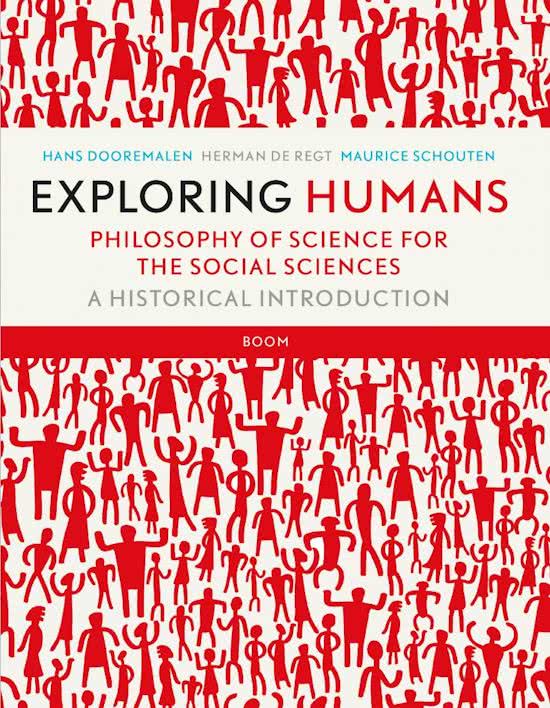Samenvatting
Philosophy of Science: Summary of part 1 of the course
This summary contains the lectures of the first part of the course Philosophy of Science. This part covers the book Exploring Humans: Philosophy of Science for the Social Sciences: A Historical Introduction, ISBN: 2264. The summary is mostly based on the lectures, yet contains some notes from t...
[Meer zien]





